By SarhindTimes Legal & Governance Bureau | New Delhi | Tuesday, October 21, 2025
In a sweeping directive aimed at tightening accountability in India’s nonprofit sector, the Supreme Court of India on Monday ordered a nationwide audit of all NGOs registered under the Foreign Contribution (Regulation) Act (FCRA).
The move, hailed as a “watershed in public transparency,” mandates every organization that has received foreign contributions since 2010 to undergo independent financial and compliance audits supervised by the Comptroller and Auditor General (CAG) and the Ministry of Home Affairs (MHA).
A three-judge bench led by Chief Justice D.Y. Chandrachud, along with Justice B.R. Gavai and Justice J.B. Pardiwala, held that “foreign aid must not become a shadow budget of the nation” and that citizens have a right to know how overseas funds influence public discourse, advocacy, and development projects.
Background: A Law Meant for Transparency
The FCRA, first enacted in 1976 and substantially amended in 2010 and 2020, regulates the acceptance and utilization of foreign contributions by individuals, associations, and companies.
The Act aims to ensure that foreign money does not compromise India’s sovereignty or internal security.
In 2020, the government introduced amendments mandating:
- stricter bank routing through the SBI New Delhi Main Branch,
- reduced administrative expense limits (from 50% to 20%), and
- a ban on sub-granting foreign funds.
As of September 2025, more than 16,000 NGOs hold valid FCRA licenses, down from 22,700 in 2020, after thousands lost registration for non-compliance.
The Case That Triggered the Order
The present order came in response to a public interest litigation (PIL) filed by the Centre for Integrity and Accountability in Governance (CIAG), alleging large-scale irregularities in the use of foreign funds by certain NGOs engaged in education, human rights, and environmental advocacy.
The PIL cited instances where funds received for rural development were allegedly diverted to political campaigns and urban lobbying.
During the hearing, the court observed:
“While civil society plays a vital role in democracy, transparency is the cornerstone of legitimacy. Public trust cannot survive in the absence of accountability.”
Supreme Court’s Directives
The bench issued a five-point directive to ensure exhaustive oversight:
- Comprehensive Audit:
All active and defunct NGOs that received foreign funds since April 2010 must submit audited statements verified by chartered accountants empanelled with the CAG. - Unified Database:
The MHA must create a public portal consolidating annual returns, project details, and donor information within six months. - State-Level Review Committees:
Each state will form a committee chaired by the Chief Secretary to monitor fund utilization and flag suspicious transfers. - Forensic Sampling:
In 100 randomly selected NGOs, forensic audits will trace the final end-use of funds down to beneficiary level. - Compliance Timeline:
All registered entities must file updated FCRA Form FC-4 and audited statements by March 31, 2026, failing which licenses will be suspended.
The bench also authorized the CAG to conduct surprise inspections in cases involving high-value transactions exceeding ₹10 crore annually.
Observations from the Bench
Chief Justice Chandrachud remarked:
“Foreign contribution is not charity—it is influence. Every rupee must be traceable from origin to outcome.”
Justice Gavai added:
“The court does not seek to stifle civil society but to uphold the constitutional value of transparency. Those who speak truth to power must also account truthfully to the people.”
The judges clarified that the directive does not restrict NGO functioning, but ensures a uniform audit regime akin to corporate disclosure standards under the Companies Act.
Government’s Response
Welcoming the order, Union Home Minister Amit Shah stated:
“The government supports every organization working in national interest, but no entity will be allowed to misuse foreign money for anti-national or political purposes.”
The Ministry of Home Affairs (FCRA Division) confirmed that it will issue detailed operational guidelines within 30 days and appoint nodal officers in each state.
Finance Ministry officials hinted that a data-linkage system between FCRA, PAN, and GST databases may be rolled out to detect mismatched fund utilization.
Civil Society Reaction: Divided Voices
The verdict drew mixed reactions from India’s NGO ecosystem.
Supportive View:
Several organizations, including GiveIndia and CRY, said the move would boost donor confidence and weed out non-transparent operators.
Skeptical View:
Others, such as Amnesty India (defunct) and Oxfam India, warned that blanket audits could lead to “bureaucratic overreach” and delay legitimate humanitarian projects.
A Delhi-based rights activist said:
“Regulation must not become repression. We fear honest NGOs will drown in paperwork while the real culprits remain politically shielded.”
What the Data Reveals
According to MHA’s 2024-25 data:
- Total foreign inflows: ₹21,476 crore
- Top donor countries: USA (42%), UK (19%), Germany (11%), Netherlands (6%), UAE (5%)
- Sectors receiving most funds: education (28%), healthcare (22%), religious and cultural (14%), environmental (10%)
However, 37% of NGOs failed to file annual returns for at least one year, raising compliance concerns.
Experts Weigh In
Former CAG Vinod Rai called the order “a landmark in fiscal transparency,” noting that “for decades, the FCRA operated on trust without verification; that era is now over.”
Constitutional scholar Prof. Faizan Mustafa added:
“The judgment restores a balance between the state’s duty to regulate and civil society’s right to function freely. Transparency must be a shared value, not a coercive demand.”
Policy analyst Swati Ramanathan observed that international donors will likely view this as a positive signal for governance reforms.
How the Audit Will Work
Under the court’s direction:
- The CAG will collaborate with independent accounting firms to design a risk-based audit matrix, categorizing NGOs by fund size and source.
- Each NGO’s bank statement trail from the SBI FCRA branch will be reconciled with utilization certificates.
- Discrepancies above ₹50 lakh will trigger further scrutiny by the Enforcement Directorate (ED) under the Prevention of Money Laundering Act (PMLA).
The final report will be submitted to the Supreme Court by July 2026.
Impact on India’s Non-Profit Sector
India’s voluntary sector employs more than 4.5 million people and supports over 30 crore beneficiaries in education, health, and livelihood programs.
While legitimate organizations welcome accountability, many fear operational slowdowns as they navigate new audit layers.
Rural NGO head Asha Patel (Gujarat) said:
“We have only two accountants for 25 projects. We hope the audit process remains supportive, not punitive.”
Yet economists note that transparency could unlock greater domestic philanthropy, which remains under 1% of GDP.
International Comparison
Several countries, including Australia, the UK, and Canada, already require similar public audits for foreign-funded organizations.
However, India’s scale — with over 16,000 active licenses — makes it the largest FCRA-regulated ecosystem in the world.
Experts suggest the audit could serve as a benchmark for developing nations, balancing national security with donor transparency.
Judicial Oversight Mechanism
The Supreme Court has retained monitoring jurisdiction through quarterly compliance reports from the MHA.
Non-submission or manipulation of data will attract contempt proceedings.
This ensures that the directive remains not a one-time exercise but a continuing accountability mechanism.
Broader Implications: Democracy & Trust
Beyond compliance, the verdict has a deeper philosophical resonance.
It redefines the relationship between civil society and state — from suspicion to structured collaboration.
Chief Justice Chandrachud concluded:
“Civil society’s freedom and the state’s responsibility are not adversaries. They are co-participants in the national project. Transparency binds them both to truth.”
This articulation situates the judgment as part of India’s democratic renewal, aligning with the government’s push for Digital Governance, e-audits, and real-time disclosure frameworks.
The Road Ahead
- MHA portal expected by March 2026 for real-time NGO financial disclosures.
- Mandatory training for NGO treasurers on FCRA compliance and digital reporting.
- Integration with Aadhaar and CSR data for holistic monitoring.
- Possible future amendments introducing graded penalties and whistleblower protection.
The directive may eventually culminate in a National Transparency Index for Civil Society (NTICS) — ranking NGOs on accountability, governance, and impact.
Conclusion: Transparency as the New Trust
The Supreme Court’s audit directive marks a paradigm shift.
For decades, the voluntary sector operated on reputation; now, it will operate on record.
For every rupee received from abroad, the public will finally know where it came from, where it went, and what it achieved.
India’s democracy does not weaken by scrutiny—it is strengthened by sunlight.
As one legal observer put it aptly:
“The verdict does not question the NGOs’ hearts — only their books.”
#SupremeCourt #FCRA #Transparency #Governance #NGOs #Audit #Accountability #IndiaNews #Judiciary

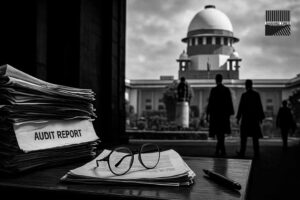
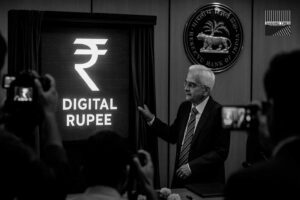








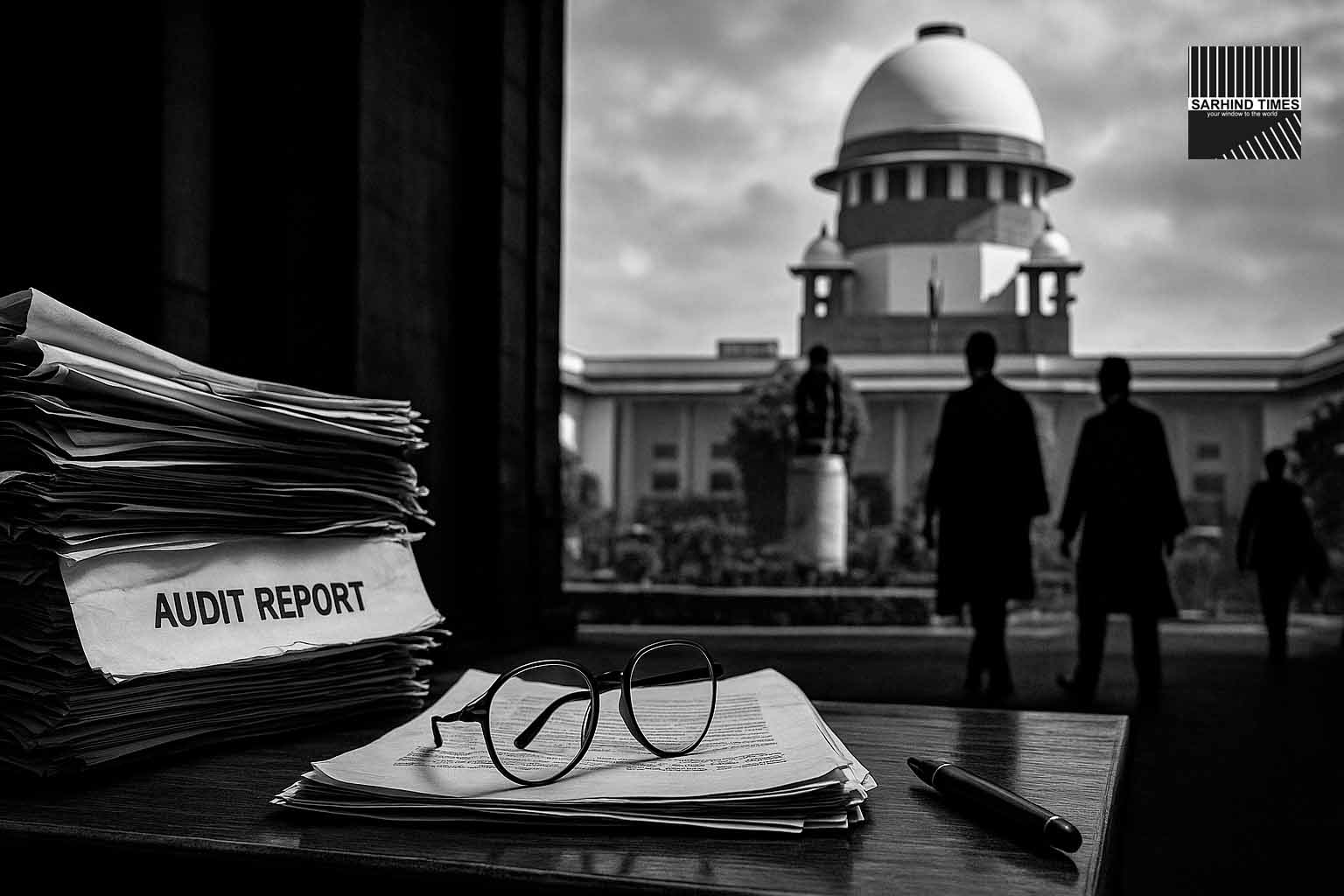



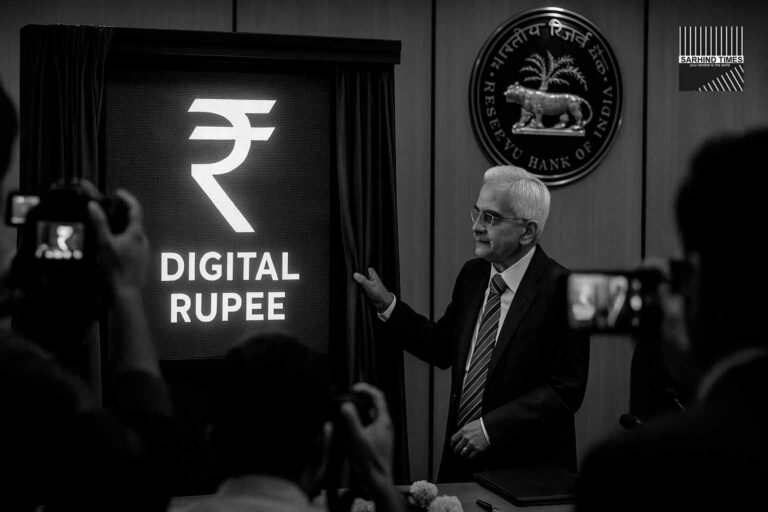
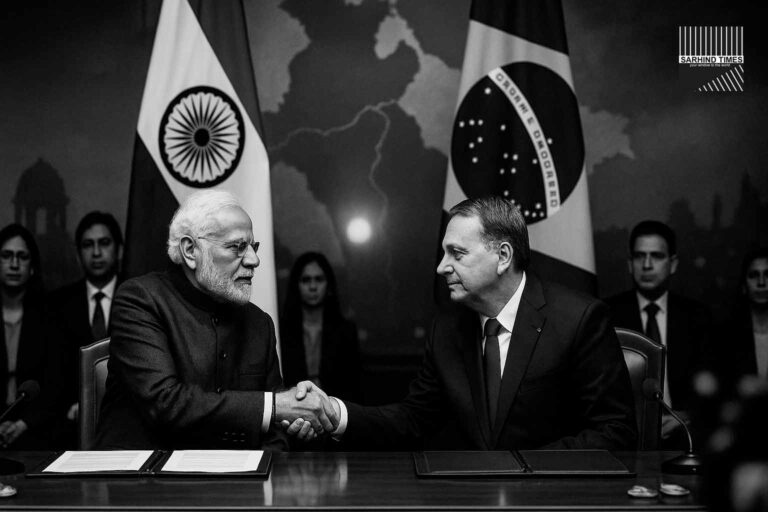
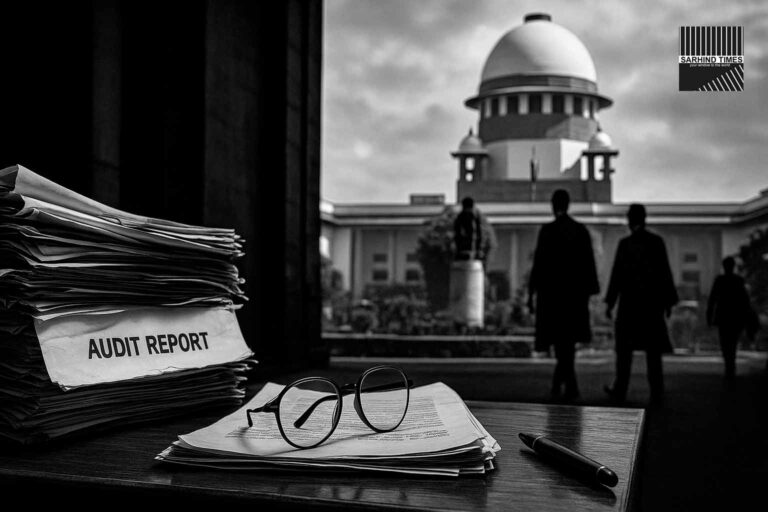
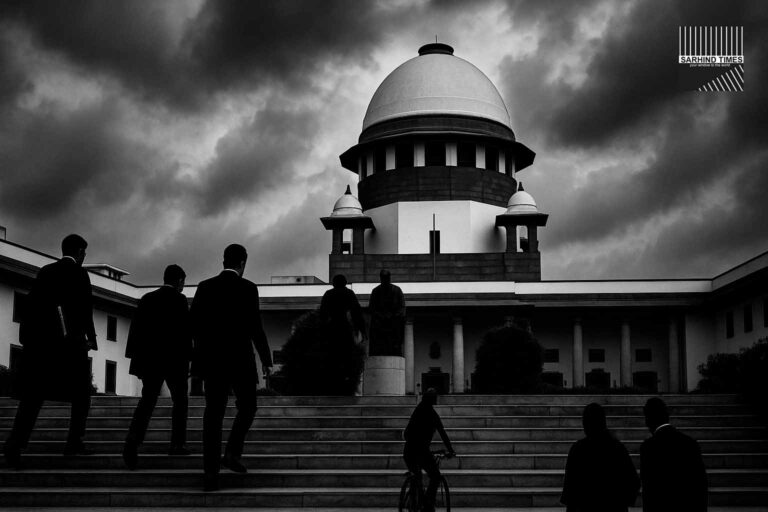
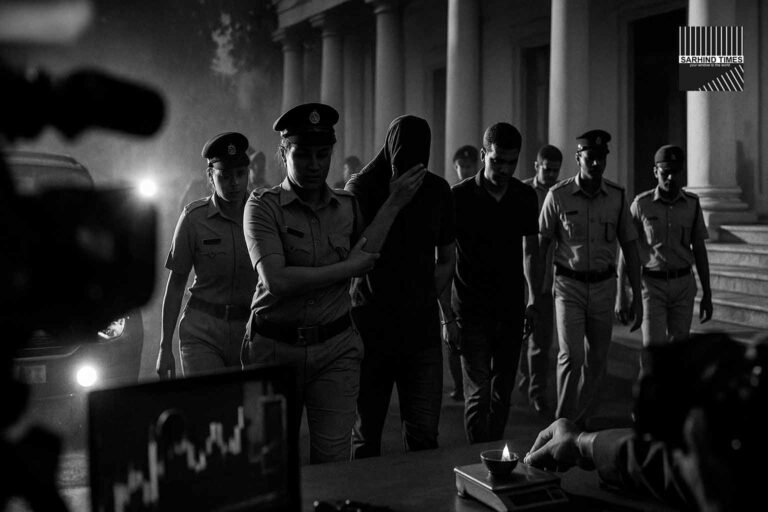

+ There are no comments
Add yours